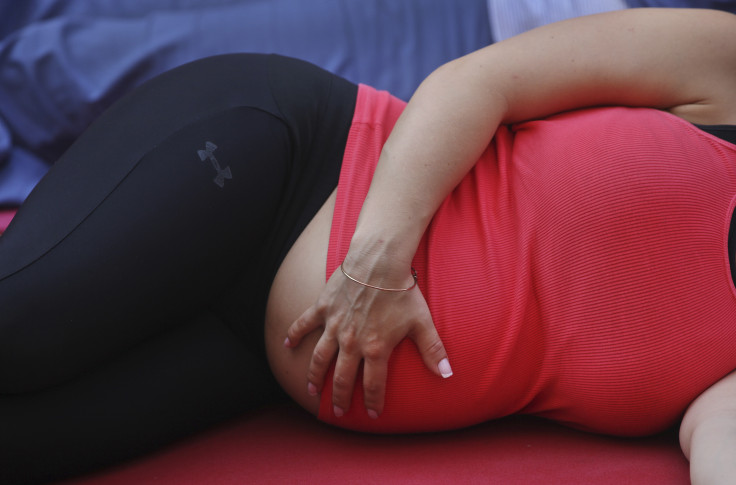Looking to start a family? The right amount of exercise might help
If you're a couple looking to start a family, maintaining a healthy level of exercise and physical activity may increase your chances, a new study suggests.

If you're a couple looking to start a family in the near future, then engaging in a healthy amount of exercise and physical activities may just increase your chances of fertility, according to a new study published in the F&S Reports Journal.
This study in question accounted for the patient characteristics and factors that warrant modifications in the intensity and frequency of exercise.
Medical experts have always suggested bearing various factors in mind for all the couples that plan on conceiving, for the purposes of increasing the probability of conception. For instance, the American Society for Reproductive Medicine provides family-planning couples with clear recommendations on staying vigilant of their diet, smoking and alcohol intake, as all of these factors can have a detrimental impact on conception.
But what about staying physically fit and healthy? Can this actually increase the chances of conception?
Whilst these are highly favourable suggestions from nurses, the impact that exercise and physical activities have on fertility and the probability of conception remains uncertain, thus making it difficult for healthcare providers to recommend effective intensity levels of exercise to patients in order to maximise conception chances.
For the present study, the group of researchers compiled a wide variety of data through existing literature that corresponded to keywords such as:
- Fertility
- Infertility
- Menstrual cycle
- Ovulation
- Polycystic ovarian syndrome
- Assisted reproduction
The research into reproductive health also included references relating to physical activity, in order for the team to identify any clear associations between exercise and increased chances of conception. This review only included studies that used fertility markers such as ovulation, pregnancy and ovarian hormone levels throughout the menstrual cycle.
Experimental and observational studies involving both male and female patients were also included in the review. The three groups identified in the studies were women who were healthy and trying to conceive, women undergoing treatments for assisted reproduction, and women with polycystic ovarian syndrome.
Physical activity in particular was clearly defined as being all leisure and non-leisure activities that elevated energy far above resting levels. Simultaneously, exercise was considered to be purposeful, repetitive and structured physical activity performed to achieve specific fitness goals. It's also worth noting that both of these activities could be measured using objective markers such as heart rate monitors and metabolic markers.
The frequency of exercise has been long associated with lowering the risks of cancer and cardiovascular diseases, regardless of whether or not the intensity of the exercise is performed from a moderate to vigorous level. Furthermore, regular exercise has also been proven by previous studies to reduce feelings of anxiety and depression.
When evaluating the results, researchers discovered that various studies reported a detrimental impact of vigorous levels of exercise on the conception chances of healthy women attempting to conceive. On the other hand, another study recommended that women attempting to conceive can continue their regular exercise whilst controlling their calorie intake.
Another discovery involved women with polycystic ovarian syndrome engaging in moderate levels of aerobic exercise, which had no significant impact on improving their chances of conception.
Ultimately, the researchers concluded that whilst intense and vigorous levels of exercise may negatively impact the fertility and conception chances in healthy young women, they can instead continue with an exercise regime that is substantially less demanding and not only runs concurrently with attempts to conceive but maintains a watchful eye on their calorie intake.
© Copyright IBTimes 2025. All rights reserved.






















